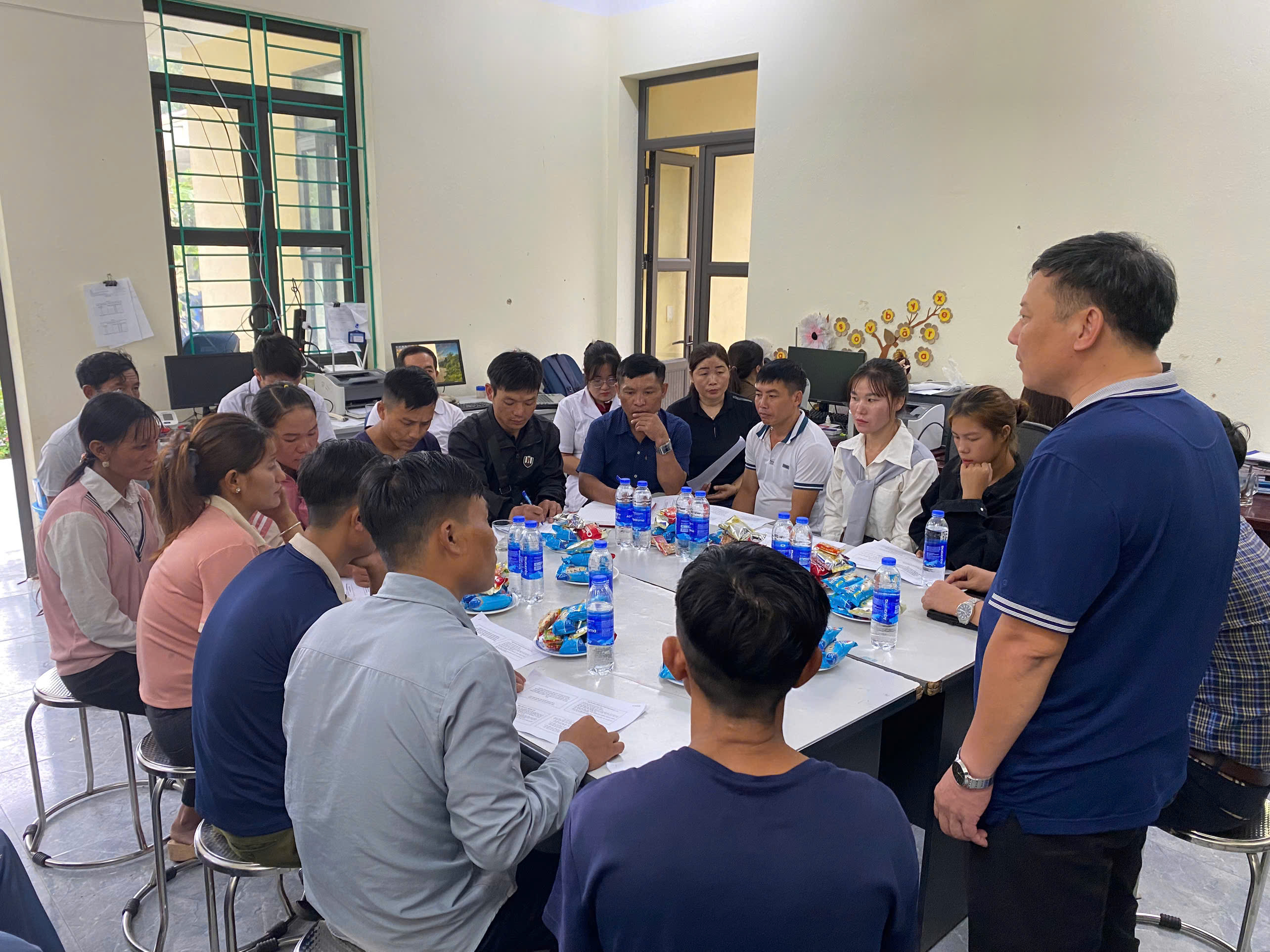
Globally, as well as in many parts of Asia, the proliferation of substandard and falsified (SF) medicines is a huge concern and has tragic consequences on peoples’ health and well-being. Countries with weaker public health infrastructures are hit the hardest. Malaria, being a disease of the rural poor living in remote areas, has been particularly vulnerable to the trade in SF medicines. In 2018, antimalarials constituted one of the highest categories of SFs reported to the WHO Global Surveillance and Monitoring System.
In Southeast Asia alone, an estimated 36% of antimalarial drugs are of poor-quality. This likely contributes to the rise in drug-resistant malaria and undermines the hard-earned progress towards the 2030 malaria elimination goal for Asia Pacific
Bangladesh recently hosted a three-day training event on the fight against pharmaceutical crime and products affecting consumer health, led by Interpol, where drug regulators, police officers, customs officers and members of the judiciary of Bangladesh were engaged. Broad topics such as substandard food products, counterfeit pesticides and retail goods were discussed. APLMA, together with WHO, brought in the public health angle, focusing on the devastating impact of SF medicines on disease elimination and rising resistance to drugs.
These kinds of platforms, to share initiatives to combat this issue, are crucial, especially in the light of proliferation in the sale of SF medicines. It was clear from the discussions that we cannot tackle the issue without investing in stronger regulatory systems for medical products. Collaboration beyond the health sector, with law enforcement, judiciary and the private sector wherever necessary, is the need of the hour, in the fight against this crime. Countries where regulatory agencies, law enforcement and customs come together, are at a lower risk of being targeted by criminal groups wishing to sell falsified goods, including pharmaceuticals.
SF medicines do not respect borders and are a threat to global and regional security. APLMA seeks to build political commitment to address this issue through the lens of malaria elimination. At the forthcoming APLMA Senior Officials Meeting in Thailand on April 24th and 25th 2019, the issue of SFs in the region will be raised to the senior officials.
APLMA supports efforts to raise awareness among decision makers about the threat of SFs to disease control and elimination and is a member of the Medicines We Can Trust initiative. This work builds on a strong partnership between Interpol, United States Pharmacopeia and APLMA.
.svg)









